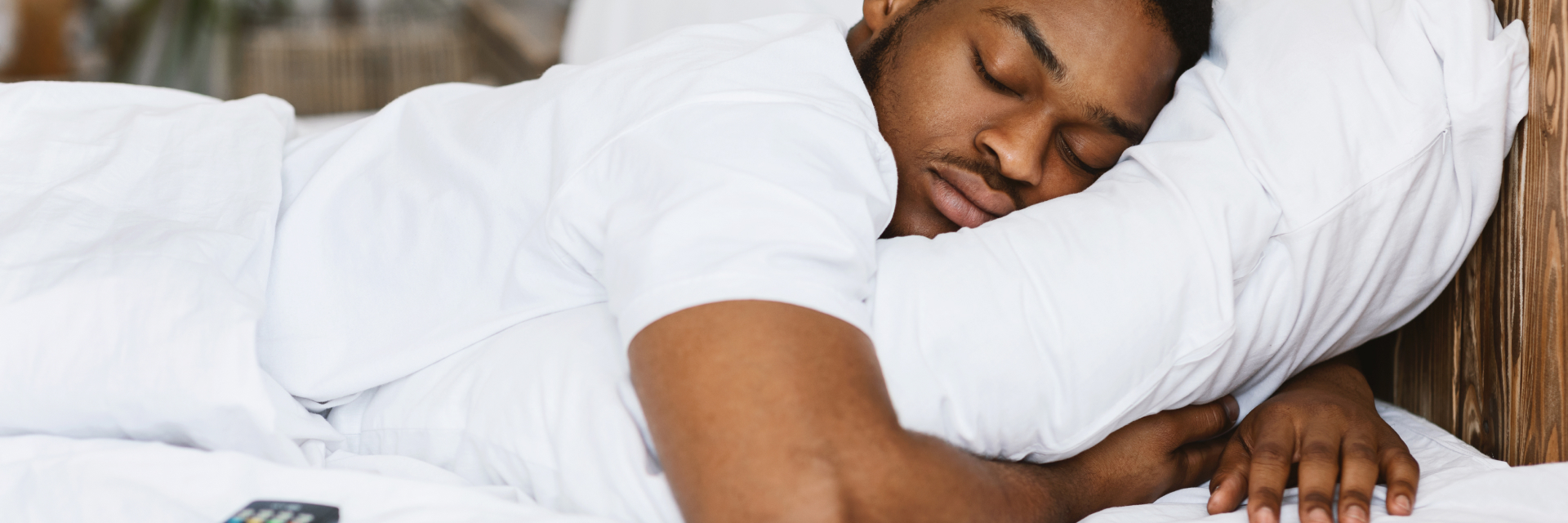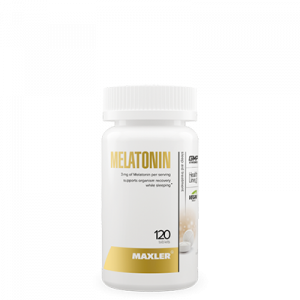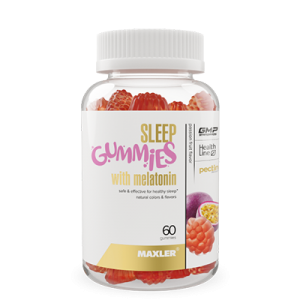Weight loss is a long journey, consisting of making a set of changes to your daily habits. Many people talk about weight loss in terms of food and exercise – less calories in, more out is known to be the basic motto of weight loss. Some achieve that through eating less, some achieve that from moving more.
But they are all missing one crucial link – sleep. Sleep and weight loss are more connected than you would think.
Sleep is key for our health, and as we learn more about it, we start understanding how important it is for our survival. Sleep affects many of our bodily functions, like:
- Attention span;
- Cognitive performance;
- Memory;
- Stress management;
- Mental health.
Let’s face it, how many of us are getting the right amount of sleep each night? Not sleeping enough is a common problem, and is unfortunately associated with increasing the chances of heart disease, issues like obesity and diabetes, and poor cognitive function.
However, did you know it can also hinder your weight loss? And how much sleep should you get for weight loss? Let’s find out.
Sleeping little, gaining a lot
Unsurprisingly, research suggests that those who sleep under the recommended 7 to 9 hours a day, increase their chances of weight gain. It’s especially common for those that work nights, as they often struggle to get sufficient sleep. Falling asleep and waking up at different times during the weekend and weekdays is also unfortunately associated with excess weight.
But does sleep help with weight loss? There is good news – sleeping even an hour more each day can help you lose the unwanted pounds. Therefore, the optimal amount of sleep for weight loss is as much as you can within the recommended amount.
Sleep – waking up the appetite
Sleep impacts the way our hunger works, which is why sleep is important for weight loss. If you don’t sleep enough, your body secretes more ghrelin, a hunger hormone, and increases its inflammation. It also makes less of leptin, a fullness hormone, and makes you less sensitive to insulin.
Research points out that sleeping for 4 hours over the span of 6 days can reduce our leptin levels by 26%, making us feel less full. Those who sleep only 5 hours daily produce 15% more ghrelin, making you feel hungrier.
Sleep also messes with how our body digests glucose and regulates fat storage. In fact, it makes our body produce less IGF1, growth hormone insulin like growth factor 1, which decreases how efficiently our muscle and fat cells take in glucose using insulin. Decreasing levels of IGF1 can even induce insulin resistance.
Eating away the sleepiness
Find yourself craving sweet things if you didn’t sleep enough? It’s simple science – our brain has a bigger positive reaction to pictures of food, activating our pleasure and reward regions more so when it’s sleep deprived. The importance of sleep for weight loss is not only in preventing hunger, but also helping us make healthy food choices.
Unsurprisingly, studies have found a connection between the amount of sleep people get and the food choices they make, with sleep-deprived people eating up to 300-550 more calories a day!
Those who tend not to get enough sleep usually end up snacking more, eating more calories, sugars, and fats, and indulging in carbohydrate-rich bedtime snacks. While the nighttime snacks may feel good, they have been associated with gaining more weight and burning less fat. Therefore, lack of sleep can affect your weight loss progress.
So, what’s enough?
So, how much should you sleep for weight loss? It seems like getting less than 7 hours of sleep, even if just by 30 minutes, can increase chances of health issues. This lack of sleep can affect weight loss. It seems like the the optimal sleep quantity for weight loss for adults is at least 7 and 7.5 hours, and no more than 9-10 hours.
What can you do for better sleep?
Sleeping better sounds great, but what can you do to achieve that? If you’re looking to improve how much you sleep or your deep sleep for better weight loss, here are some tips:
- Keep a regular sleep schedule. Stay consistent in the times you go to bed and wake up, even if it’s a weekend. To get a sense of your sleep habits, keep a sleep journal, recording when you wake up and go to bed every night.
- Make a bedtime ritual. Having a ritual, which is made up of multiple actions you take consistently before bed, can help you sleep better and fall asleep quicker. Stay consistent with your routine, but feel free to modify it until you find a routine that works.
- Make sure your room is dark. Artificial light, like a TV or nightlight, even in small amounts, may lead to weight gain.
- Check it’s not too hot. Your temperature will drop as you fall asleep, so if your surroundings are too cool or too hot, you won’t sleep as well. Stick to sleeping at room temperatures of 15.6 to 19.4 oC (60-67 degrees Fahrenheit).
- No snacking if you’re heading to bed. Finish your food 2-3 hours before going to sleep, as if you eat later than that, you may sleep worse, especially if you have acid reflux or indigestion.
- Exercise regularly. Regular exercise has been shown to decrease how long it takes for you to fall asleep, and it makes you sleep better.
- Consider an omega-3 supplement. Low levels of a certain type of omega-3 fatty acid, called DHA, is associated with lower levels of melatonin, a key hormone for sleep. For a great omega-3 supplement, look no further than Maxler Omega-3 Gold, which contains 330 mg of omega-3s.
Melatonin – sleeping better
The effects of sleep on weight loss are numerous. If you’re looking for another way to support sleep, consider a melatonin supplement before sleep. Melatonin is the main hormone secreted by the pineal gland. Supplementing it has been shown to help promote falling asleep and staying asleep. Melatonin may just be what you need to get the deep sleep and weight loss results.
Try Maxler vegan-friendly melatonin supplements for a better night’s sleep.
Maxler Melatonin Tablets are great for trying melatonin, as they contain 3mg of melatonin.
Maxler Sleep Gummies with Melatonin additionally contain Vitamin B6, which may improve dream recall and help treat insomnia in complex with melatonin. Passion fruit flower extract has also been shown to be a powerful sleep inducer. The gummies are perfect for adults, teens and children.
Maxler Liquid Melatonin drops contain 5mg of melatonin per serving and have a pleasant cherry-vanilla flavor and are perfect if you’re not a fan of tablets. The drop form makes it easy to cut down the dosage should you need to.
If you’re looking for another tip, consider a magnesium supplement. Magnesium serves as a powerful stress relaxant, supporting healthy sleep. Try Maxler Magnesium Glycinate Liquid / [USA] Chelated Magnesium. It contains 375 mg of magnesium per serving with Vitamin B6 added for better absorption.
If you’re aiming to shed some pounds, sleeping well should be high on your priority list. After all, it can help you feel fuller during the day and help you make healthier food decisions. Remember that weight loss is as much a change in your habits as it is a change in what you eat.











